The court divides a person’s property between their heirs when they pass away. This process is known as probate, and it is time-consuming and expensive. However, there are different methods for transferring a deceased’s property to their heirs without going through that lengthy process. One way to do this is by creating a ladybird deed, which has more benefits than avoiding probate.
Ladybird deed benefits
Ladybird deeds, also known as enhanced life estates, are an efficient estate planning method. They allow the grantor (the person transferring the property) to name grantees (heirs) to their property while still having control of that property until their death. Unlike traditional life estates, in a ladybird deed, the grantor has the power to gift, mortgage, lease or dispose of the property without their grantees’ permission. This means that only the grantor will have control over their estate until they die. Other benefits of the ladybird deeds include:
- Avoids probate
- Does not have federal gift-tax consequences
- Protects the property from a grantee’s financial problems, like bankruptcy and debt, while the grantor is still living
- Transfers property in an easy and fast way
- Allows the grantor to change his mind about the heirs they designated in the deed
Another significant benefit of a ladybird deed is that it allows the grantor to receive Medicaid benefits. Medicaid does not give benefits to those whose assets surpass the state’s limit. Some people make transfers to meet the asset limit, which is why Medicaid has a look-back period in which they review the applicant’s transfers. However, as a ladybird deed allows only the grantor to use the property, Medicaid does not count it as a transfer. This means that the grantor of the ladybird deed could still qualify for Medicaid’s benefits.
Protecting your property
Anyone can use ladybird deeds, but it is more popular among widowers who have adult children. However, there are many other estate planning tools available, and the one you need will depend on your situation. An experienced attorney can review your circumstances and advise you on the estate planning tool that suits your needs best.


